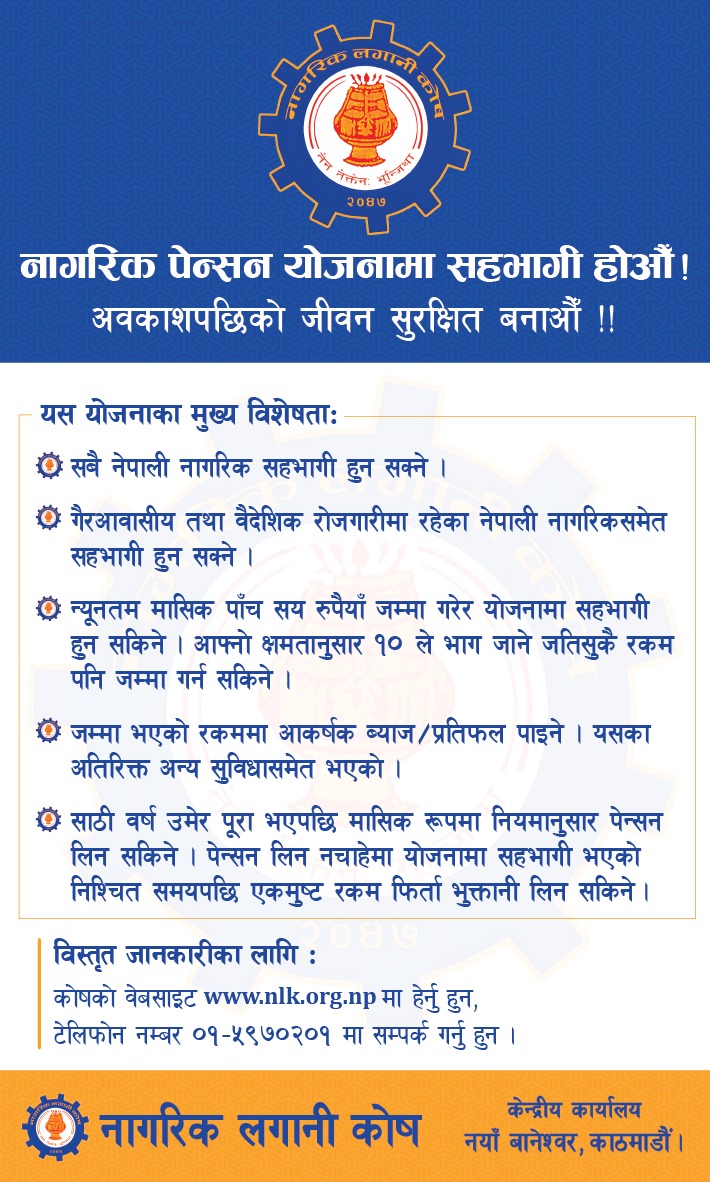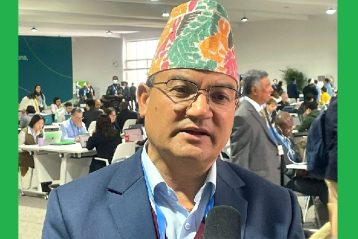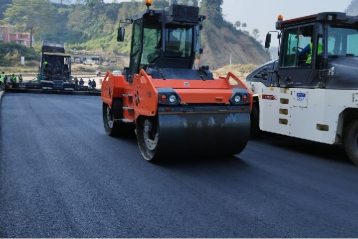Indrani Bagchi| TNN | Nov 14, 2017, 22:55 IST
Nepal’s deputy prime minister Kamal Thapa tweeted the decision on Monday, saying “The agreement, marred by irregularities with the Chinese company – Gezhouba Group regarding the construction of Budi Gandaki hydropower project, has been scrapped in a cabinet meeting as directed by the parliamentary committee.”
The decision is significant, since the agreement with the Chinese company came weeks after Nepal agreed to join Xi Jinping’s Belt & Road Initiative. The Budi Gandaki Hydropower Project is located in central/ western development region on the Budi Gandaki River of Nepal.
Nepal’s decision comes a few years after Myanmar decided to cancel the $3.6 billion Myitsone dam in 2011 by former president Thein Sein. In fact, China said as recently as last week that it would “continue” talking to Myanmar on the issue. Both have proved a big setback to China’s project of creating a web of regional connectivity networks.
It is likely the Nepalese decision was influenced by India, which has pointed to Sri Lanka and the debt trap it finds itself in post the Hambantota port project.
However, this does not actually mean that China will not play a role in Nepal’s infrastructure growth — just last month Chinese railway officials were in Nepal to continue talks on a challenging cross-border railway project from Tibet into Nepal. But sources said, little progress has been recorded yet.
While China has been an attractive alternative for Nepal after many years of squabbling with India, where hydro-projects have been a casualty, now Beijing has another player.
The US, working closely with India, has earmarked one of its more generous grants to Nepal for regional connectivity as part of the larger Indo-Pacific outreach. Testifying in the US Congress recently, Alice Wells, acting assistant secretary in the State Department said, “Nepal has been selected for one of the US’ most high profile projects to increase regional connectivity within the Indo-Pacific.” In August, she said, the Millennium Challenge Corporation’s (MCC) Board of Directors approved a USD 500 million compact with Nepal, MCC’s first compact in South Asia. The first projects would focus on an Electricity Transmission Project and a Road Maintenance Project. Both projects have been decided in consultation with India.
The larger trend here is a pushback to Beijing’s unilateral connectivity initiative, by India and US and Japan to work out sustainable transparent alternatives to address local and regional infrastructure needs.
The Budi Gandaki project was granted to the Chinese Gezhouba Water & Power (Group) Co Ltd (CGGC) by former prime minister Prachanda, though after Sher Bahadur Deuba replaced him in the summer, some doubts had been expressed on the deal. The cancellation was, however, a surprise. The two parties signed an MOU for the 1,200MW hydropower plant weeks after Nepal formally agreed to take part in Beijing’s “Belt and Road Initiative”.
India has expressed concerns about the predatory financing mechanisms employed by China under the OBOR in small, poor countries like Nepal and Sri Lanka which puts them in a debt trap to the Chinese and might impact their foreign policy choices.
In recent weeks, all the leftist parties in Nepal banded together to form an alliance, primarily between Prachanda and KP Oli. The decision to scrap the project comes on the eve of Nepal’s elections which will be held on November 26 and December 7, which is expected to see a three-way competition between the left alliance, Nepali Congress and the Madhesi parties.






























